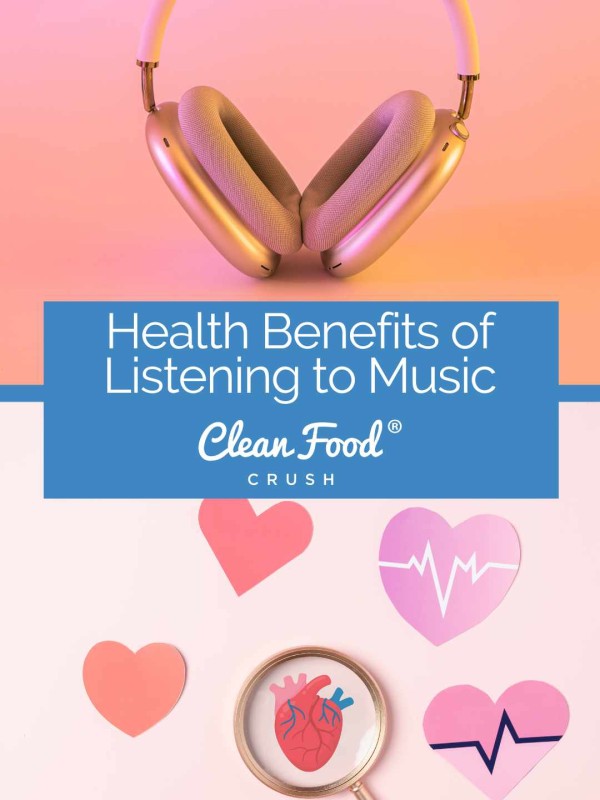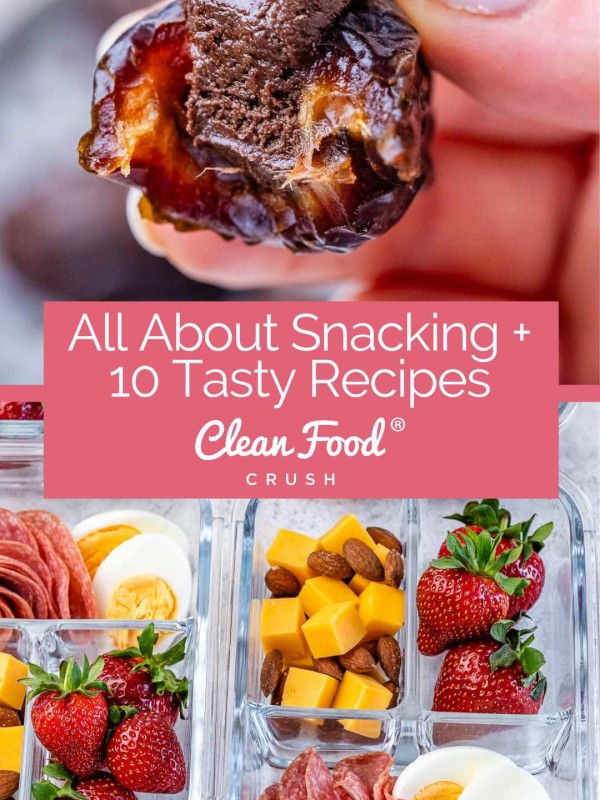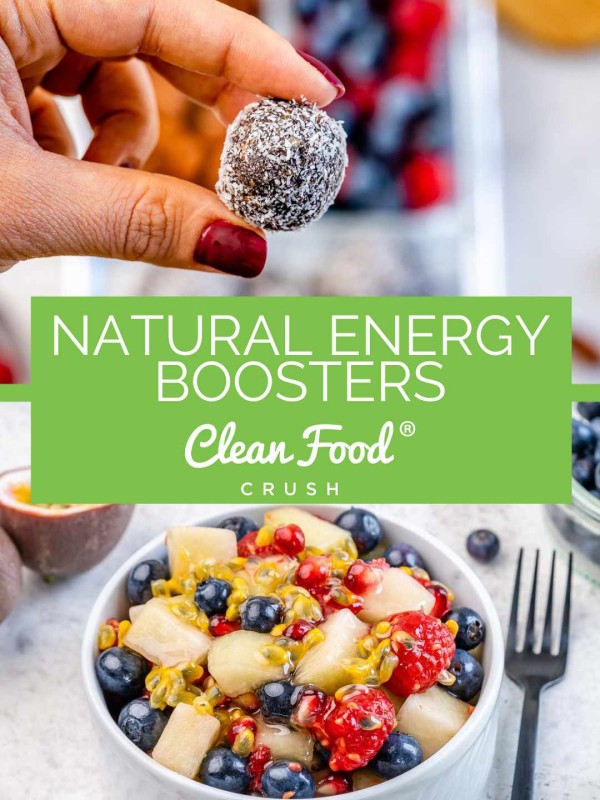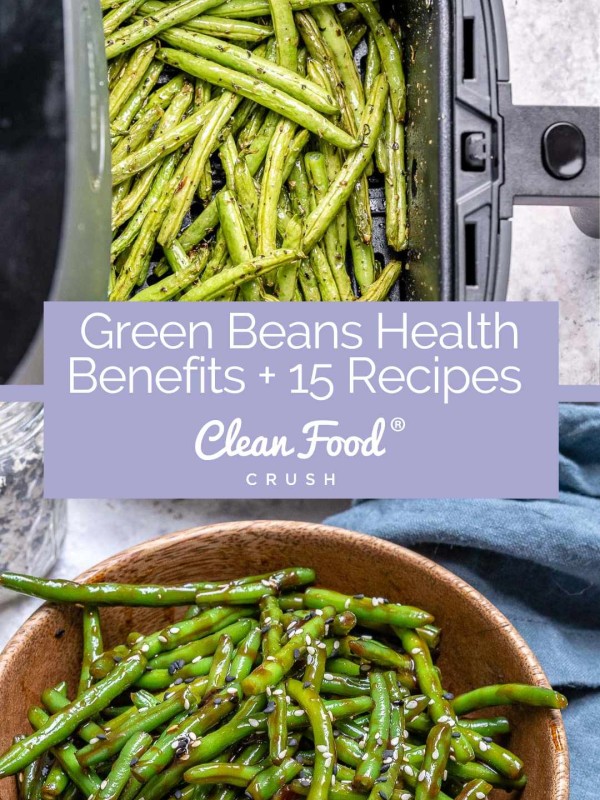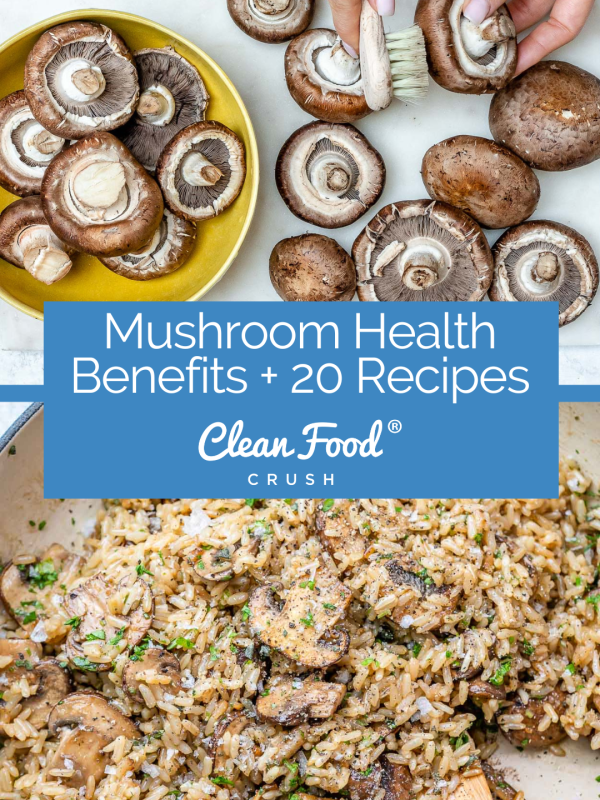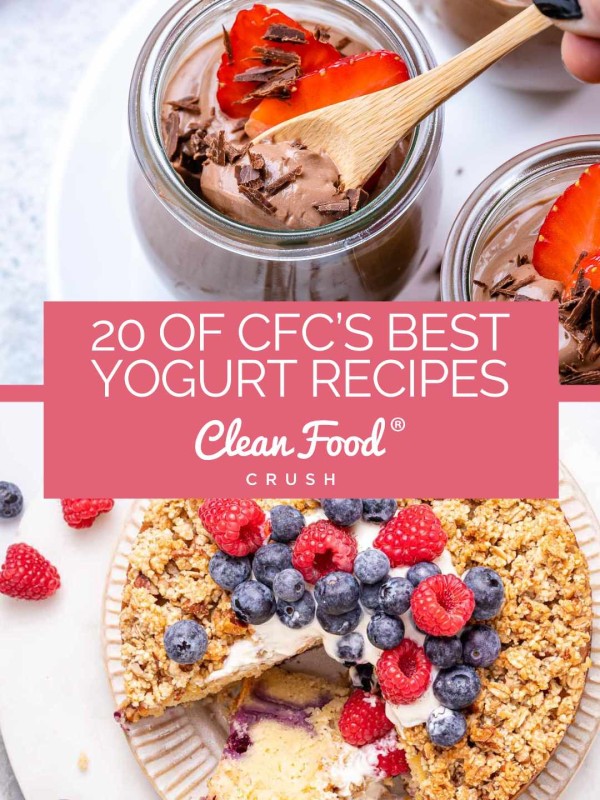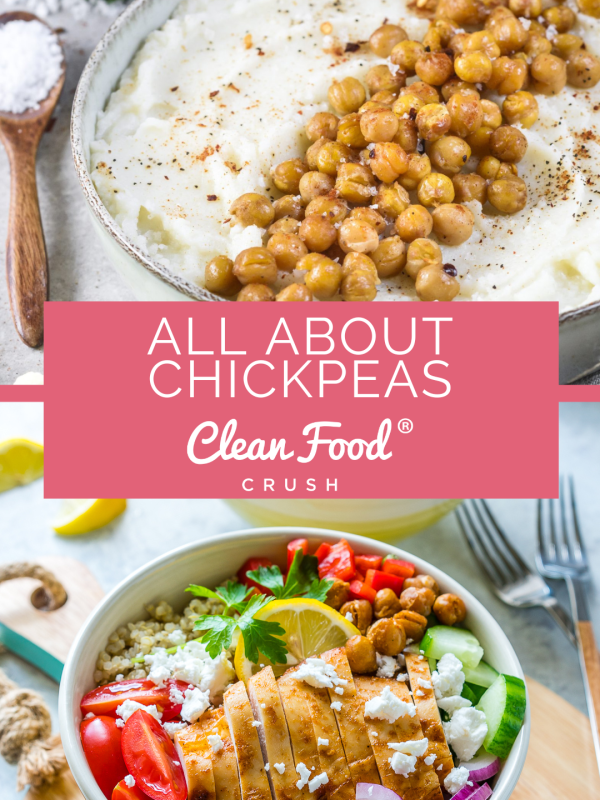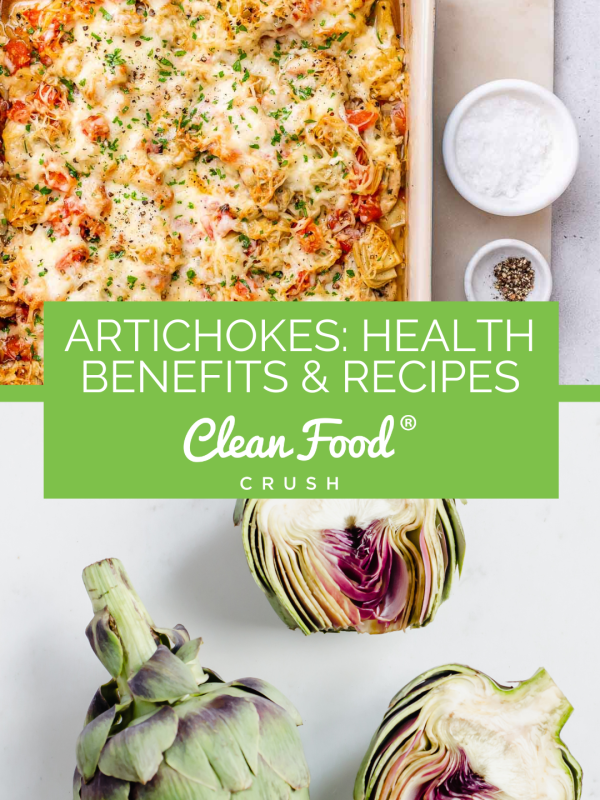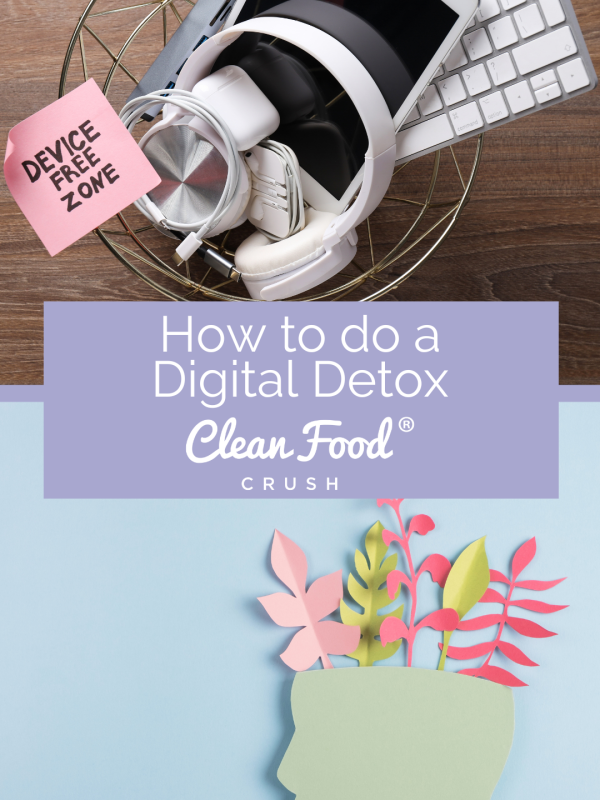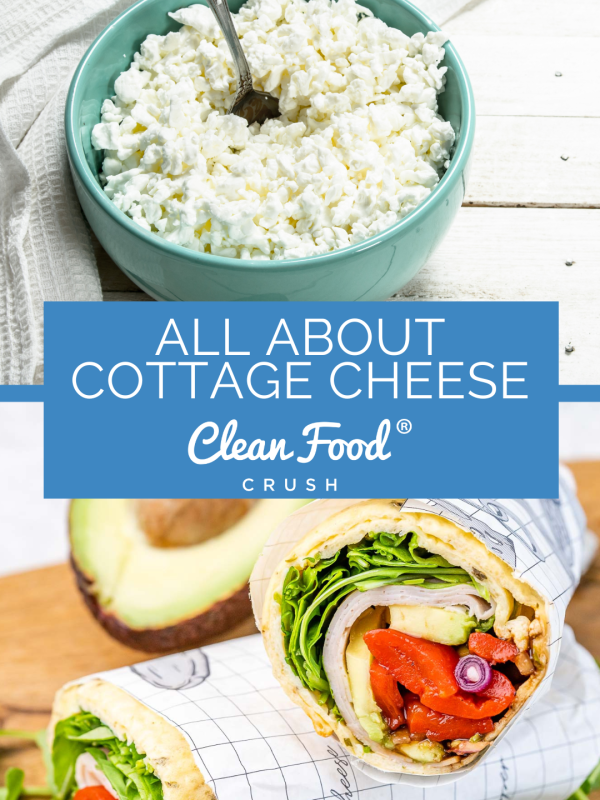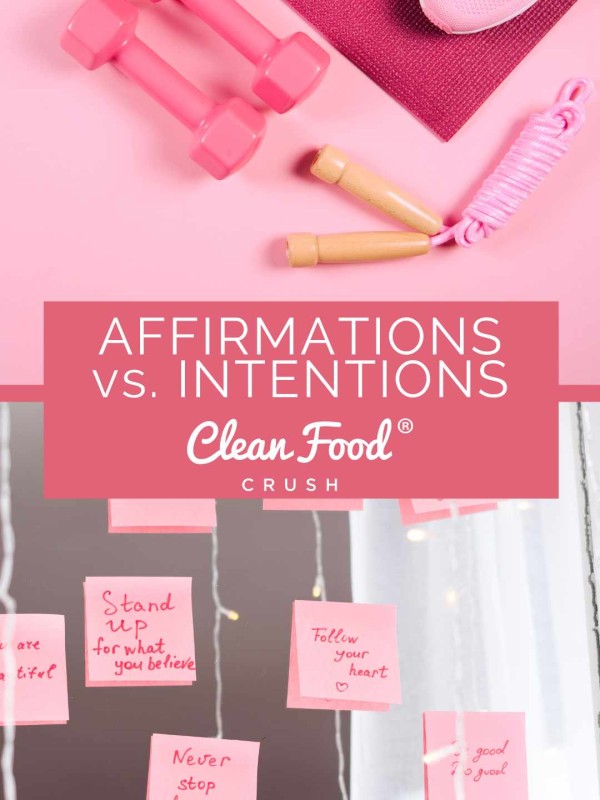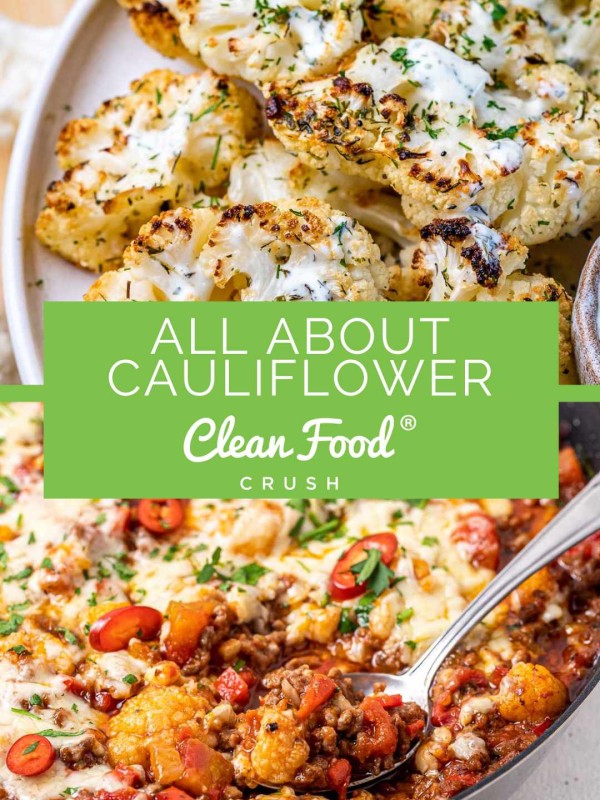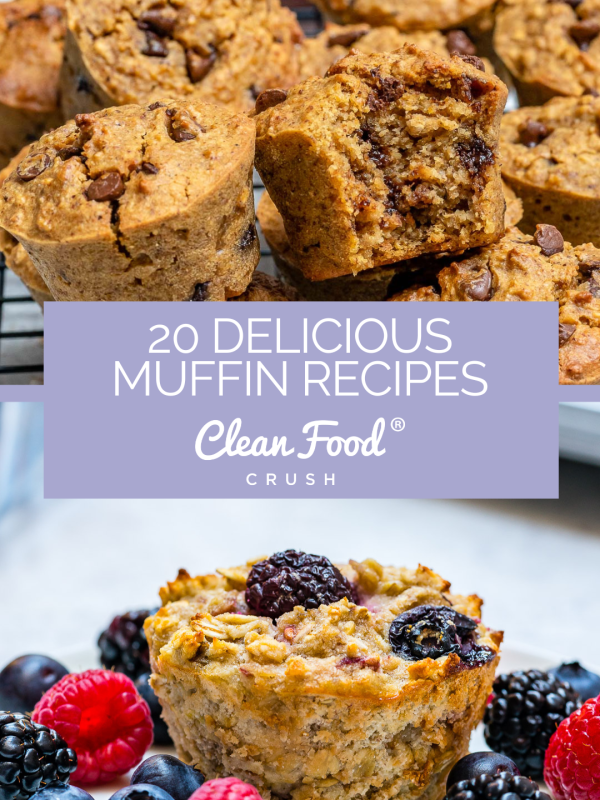This post contains affiliate links. Please see our disclosure policy.
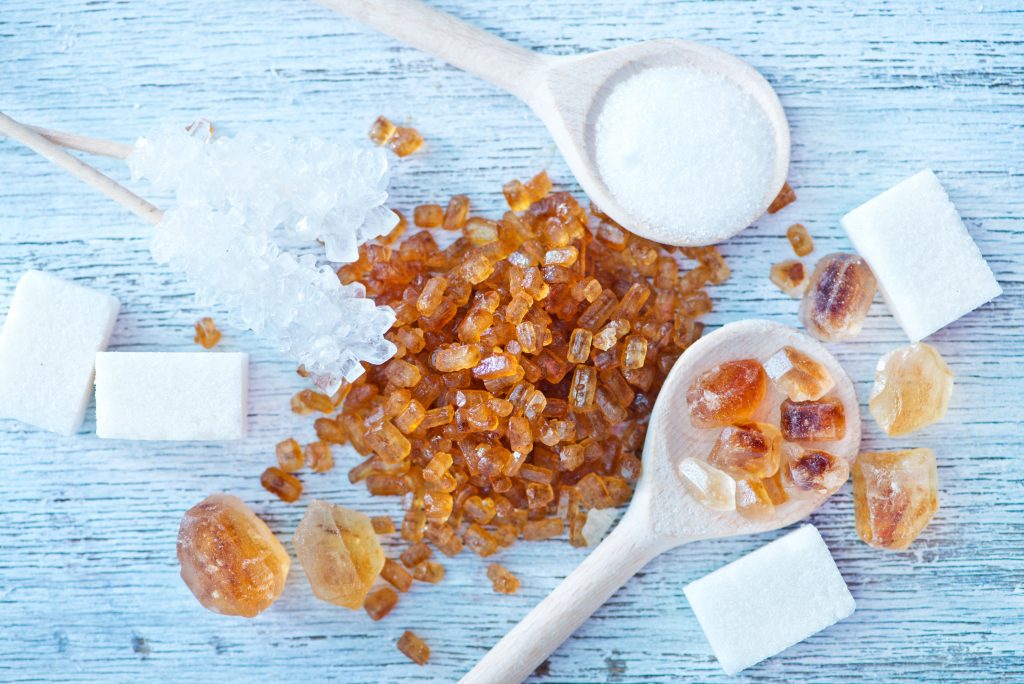

Let’s be honest, sweets make life complete. We all have some kind of a sweet tooth, and that’s normal and healthy as long as we honor that desire in the way nature intended. Nature has provided well for our need for sweetness, so that we can enjoy sweet foods and sweeteners that are truly natural and not harmful to our health. So, you can have your cake and eat it too! Psst… here’s the recipe for those delicious flourless double chocolate peanut butter muffins!
Something important to understand about different types of sugars (both natural and processed) is their glycemic index (GI).
This means the number that shows how much a food will effect a person’s blood glucose (blood sugar) level. Some will make your blood sugar quickly go up and then rapidly drop in a short period of time. This isn’t good because stable blood sugar levels are key to physical and mental health. A GI number of 55 or less is ideal, 56-69 is high, and anything over 70 is much too high.
Keep in mind that the rate at which we digest sugars/carbohydrates can vary from person to person, as well as from one time of the day to another (like when exercising versus sitting), and different people have different insulin responses.
The GI of a sugar may be lowered when combined with a fat, fiber or acid (like vinegar or lemon juice).
At any rate, GI is just one thing to take into account, and the more natural and less processed a sweetener the better for anyone.
The following are some of the worst and best sweeteners, and their GI.
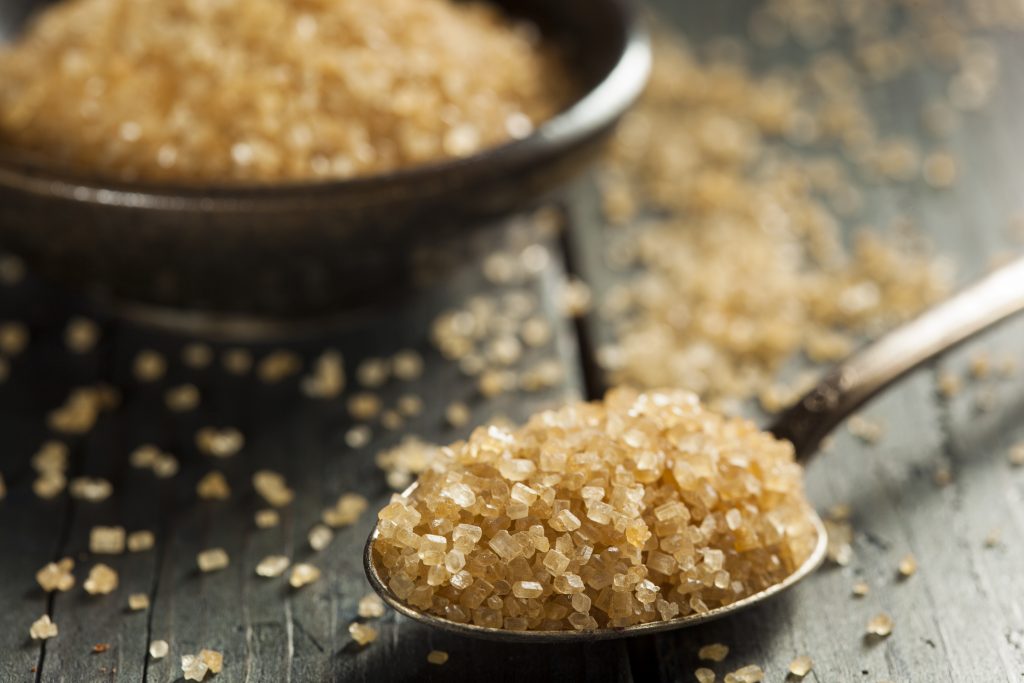 Sweeteners to Avoid:
Sweeteners to Avoid:
1. High fructose corn syrup
This is made from genetically modified cornstarch, and is included in so many common processed foods and drinks. When heated it breaks down into compounds toxic to the body such as hydroxymethylfurfural (have fun trying to pronounce that), and it also contains mercury. It has a sky-high GI of 87. Its less-processed cousin, corn syrup, isn’t much better for your health and comes in at a GI of 75.
2. Artificial Sweeteners
Not that HFCS isn’t totally artificial, but this category of sweeteners is referring to things like acesulfame potassium (found in brands such as Sunnet, Sweet One), aspartame (Nutrasweet, Equal), saccharin (Sweet ‘n Low, Sweet Twin, Sugar Twin), sucralose (Splenda) and Neotame. These all boast little to no GI, and yet they are linked to all kinds of terrifying health problems, including seizures and cancer. Sadly, it’s hard to find any brand of chewing gum at the store that does not contain artificial sweeteners.
3. White sugar
classic refined sugar is deeply imbedded into our cultural existence and into most food items at the grocery store. Brown sugar is sometimes less processed than white, but both have a glycemic index of 65.

Controversial Sweeteners:
Some of the main “healthier” sweeteners that are considered controversial are agave, stevia, xylitol and erythritol. Agave comes from the cactus and known for not raising blood sugar levels, but most of it has been highly processed. Even if you find agave that says it’s “raw” and less processed (which is still unlikely) it is about 85% fructose, which is even more than regular sugar and not ideal. Stevia is fine in moderation and if in tincture or whole-powdered form.
But most of what is readily available has been highly processed (looks like white sugar) and is not healthy. Xylitol and erythritol are both “sugar alcohols” (along with sorbitol, mannitol, maltitol and others) and are not processed in the liver/properly absorbed and so don’t raise blood sugar levels much.
Xylitol has great benefits for dental health and is good in gum and toothpaste, but is far too processed to be considered healthy for consumption. Ethritol is found in pears and grapes, but is usually created commercially from yeast. It is perhaps the best (or the only safe) sugar alcohol for consumption, as it is more absorbed by the body and even has antioxidant value. More research still has to be done on erythritol though, and with so many good and more natural options it seems better to avoid the ones we aren’t sure about.
Your Best Options for Sweeteners:
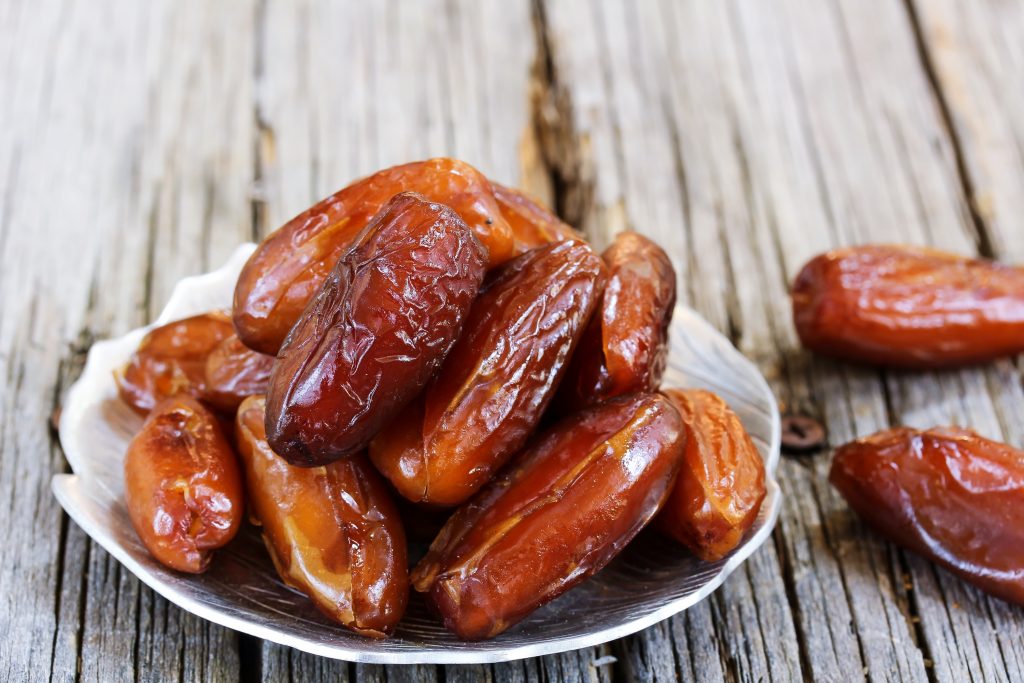
1. Dates
Organic, raw dates are full of vitamins, minerals and potassium, and the fiber in them slows down the absorption of sugar in the body. They average a low GI of around 50. They can be pureed into a paste to added to most anything you’d like to sweeten up.
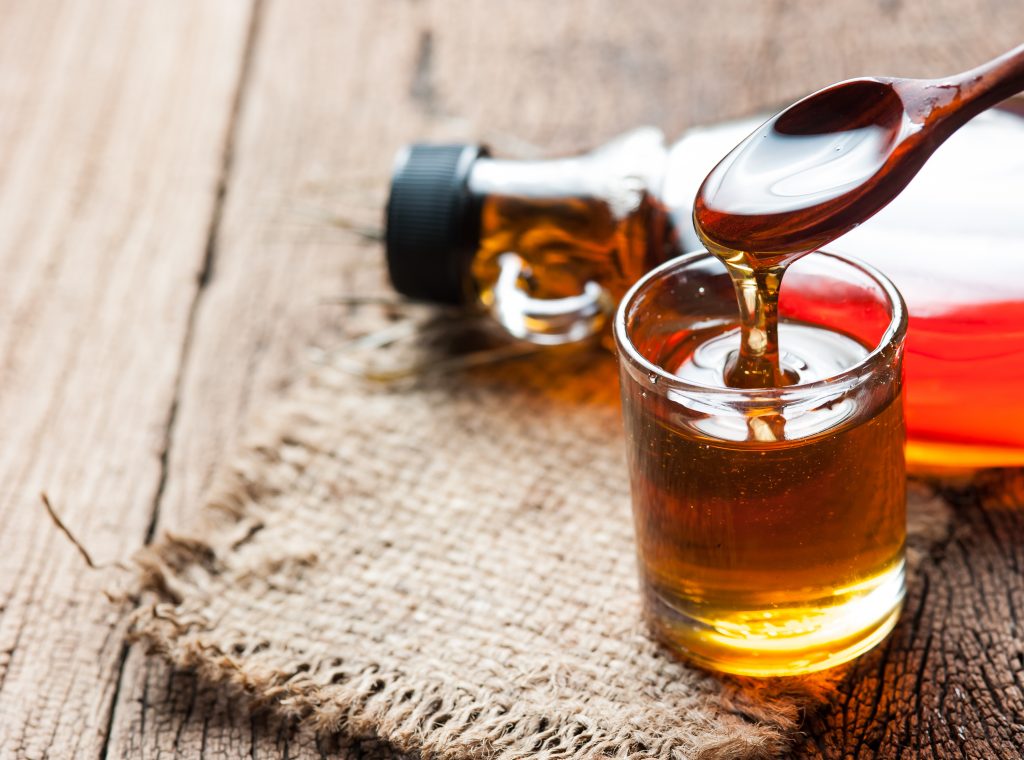
2. Pure maple syrup
This B-vitamin-packed syrup straight from the maple tree is a personal favorite of mine. It is high in iron and other minerals, and has a fairly low GI of 54. It adds not only sweetness but also better flavor to most things, whether smoothies, oatmeal, drinks or desserts. Try these flourless dark chocolate zucchini brownies made with honey or maple syrup.
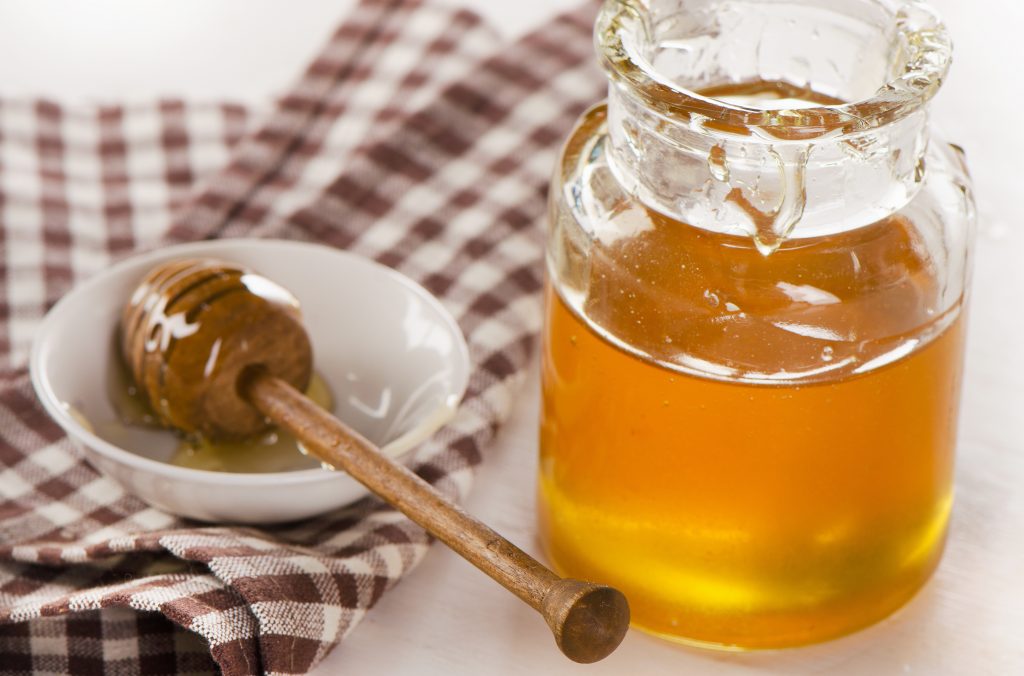
3. Raw honey
Oh, honey! Where would we be without you? This golden nectar, courtesy of our amazing friends the bees, has minerals, enzymes, and if purchased locally can help to treat spring allergies. It also is a lovely addition to most things you want to make sweeter, including tea. It has an average GI of 55, but some varieties have a little lower or higher GI than this. Try these Chocolate Chip Chickpea Blondies made with honey or maple syrup.
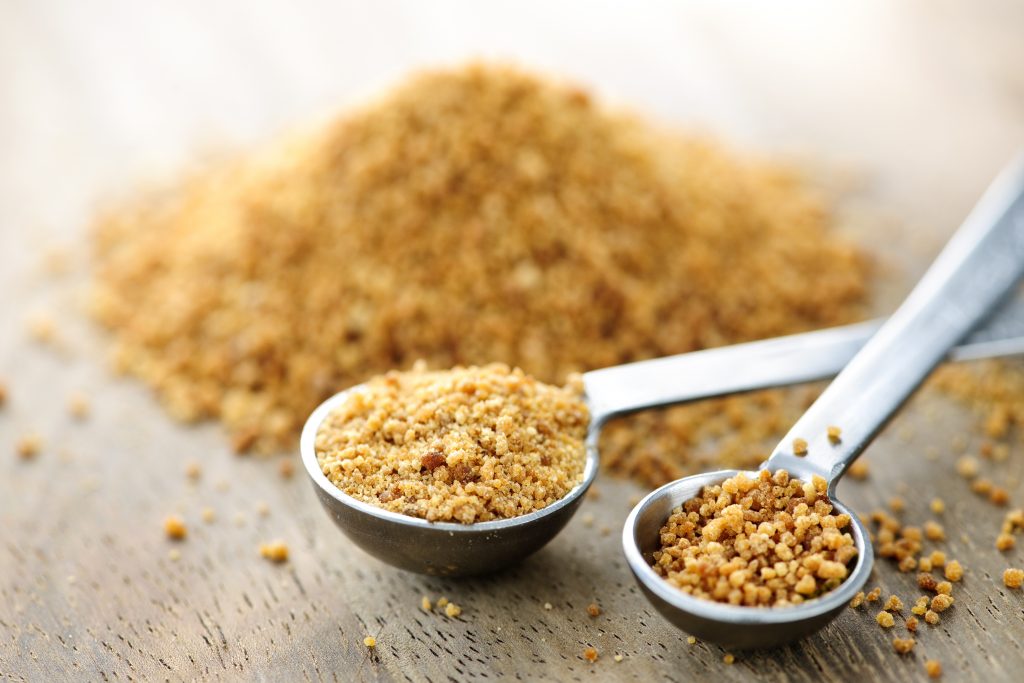
4. Coconut sugar
This is made from sap of the coconut palm. When organic and unrefined, this rich, brown sugar-like sweetener also packs a lot of great nutrients and quite a comforting glycemic index of around 35. It has just as many calories as regular sugar, but is made up mostly of sucrose and is low on fructose and glucose, which is a big benefit. Try these Oatmeal Chocolate Chip Bars sweetened with coconut sugar.




